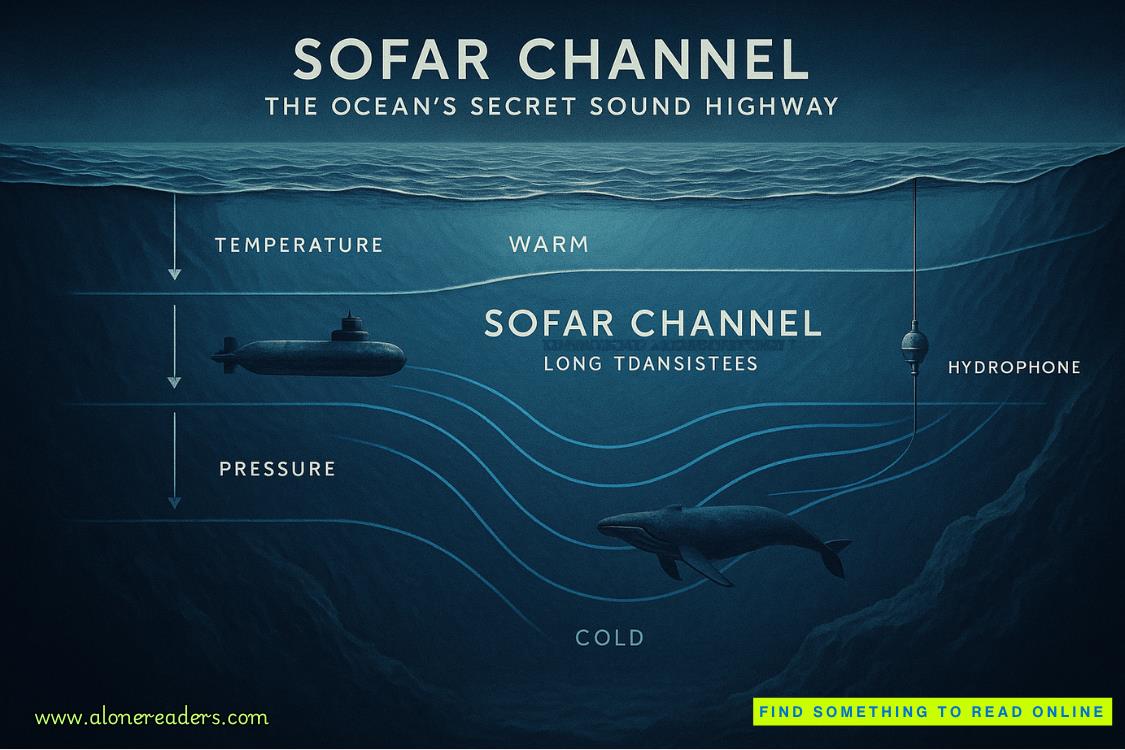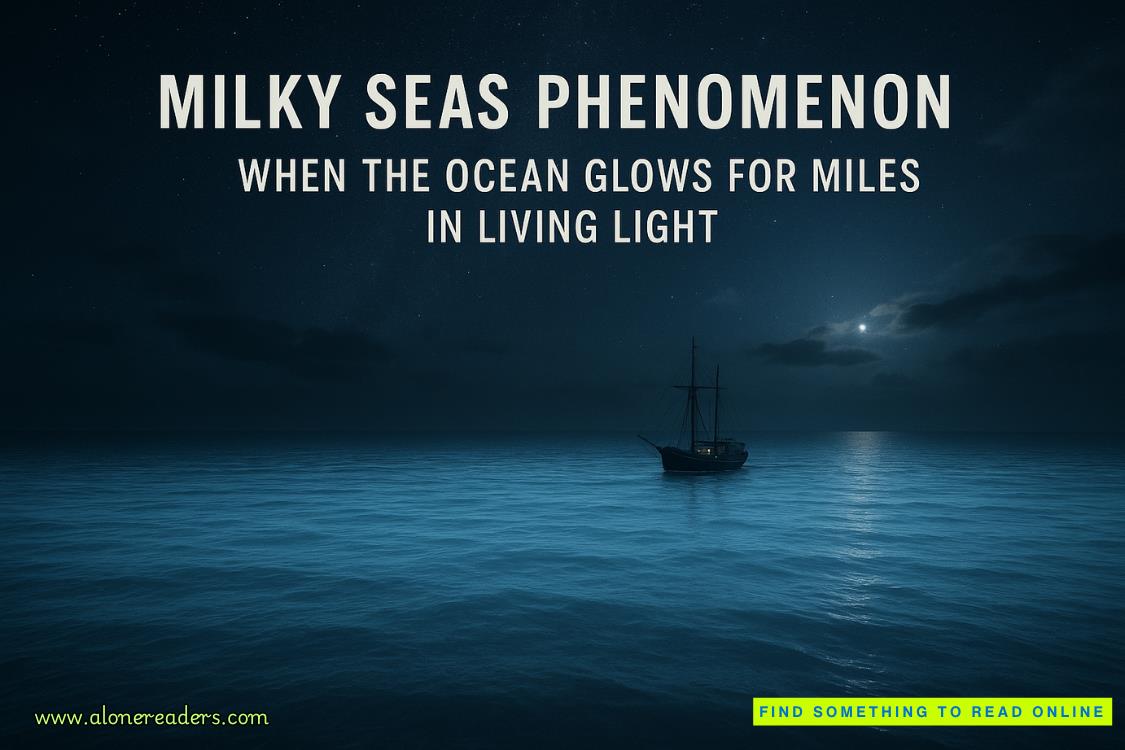Egret didn’t respond.
The room was thick with tension, the kind that settled deep into your bones, made every breath feel heavier than it should. We weren’t arguing anymore. Not openly, at least, but the silence between us felt unfinished, like a thread left loose in the hem of a well-tailored suit.
Raines sat forward, pressing his palms against the table, his cigarette dangling between two fingers, glowing faintly in the dim light.
“Let’s talk about how you’re getting in,” he said, flicking ash into the tray before tapping a map spread out in front of him. He dragged a finger across the train routes, tracing a path from Vienna to Budapest—a thin red line cutting across the border, through Soviet-controlled territory. “We’re taking the Vienna-Budapest express. It’s the safest route for a delegation like ours. Western diplomats still use it. The Soviets keep a close watch, but they’re more interested in monitoring conversations than stopping every foreigner who crosses the border. As long as our papers check out, we pass through.”
Egret let out a sharp breath, shaking his head. “You’re assuming our papers will check out. You’re assuming the Hungarian border guards won’t decide we’re spies just because they’re in a bad mood.”
Raines didn’t even look up.
“If they were going to stop every foreigner who looked suspicious, they’d have no one left to interrogate,” he said. “That’s not how this works. They know Westerners still have business in Budapest. They’ll let you in, they’ll watch you, and they’ll make sure you know you’re being watched. That’s the game.”
Egret scoffed. “Until it isn’t.”
Raines lifted his gaze, pinning him with a stare.
“If you have a better way in, now’s the time to say it.”
Egret clenched his jaw, his fingers tightening around the edge of the table, but he didn’t answer.
“Egret,” I sighed. Here we go again.
He turned his head, and I met his gaze with deliberate calm.
“I don’t like this either,” I said. “But this is our best option. We go in through official channels, we keep our heads down, and we don’t give them a reason to look too closely. Once we’re in, we move carefully. We play our parts.”
His eyes flickered with frustration, but there was something else, too—something deeper, something I understood too well.
Fear.
It wasn’t the kind that made men panic—it was the kind that made them think too much.
“If something goes wrong at the border,” he said, his voice quieter now, “we won’t have a way out. If they pull us, we won’t make it to Budapest.”
He wasn’t wrong.
But he wasn’t right, either.
“We don’t plan for failure,” I said. “We plan to get in. If something goes wrong, we adapt—but if we walk into this expecting disaster, we’ll create one ourselves.”
Egret held my gaze for a long moment.
Then, finally, he nodded once, exhaled, and leaned back in his chair, crossing his arms.
“Fine,” he muttered. “We do it your way.”
Raines turned back to the map.
“The train will get you to Budapest without issue, but once you arrive, you’ll need to separate,” he continued. “The moment you step off that platform, you’ll be watched, maybe not obviously, but trust me—someone will be keeping track. The best way to shake them is to make it too much of a hassle to track you all at once. The Reds are good, but they still have manpower limitations.”
He pulled out four separate hotel reservations, sliding them across the table.
“Two pairs, separate locations. Emu and Condor are staying at the Gellért Hotel—respectable, Western-friendly, but not too obvious. Sparrow and Egret will be at the Astoria. It’s got a little more Soviet oversight, but it keeps things balanced. If all four of you check into the same hotel, it looks deliberate. This way, you blend.”
Sparrow, who had been silent this entire time, shrank into her chair, her fingers tapping against the file in front of her.
Raines noticed.















